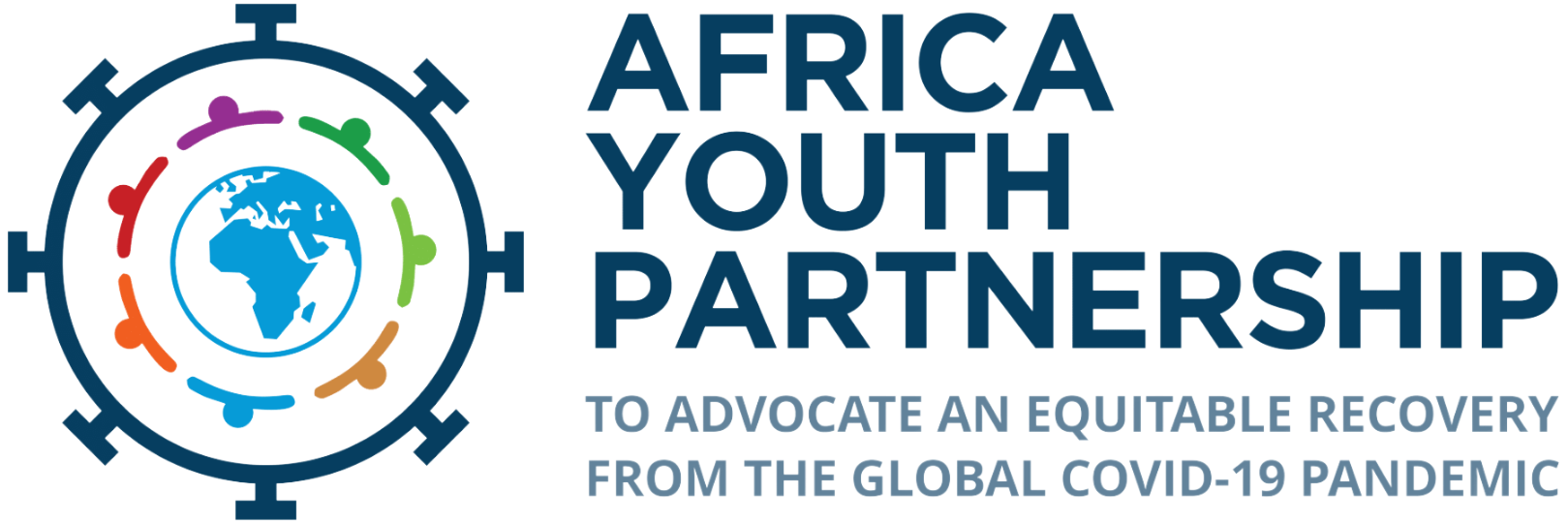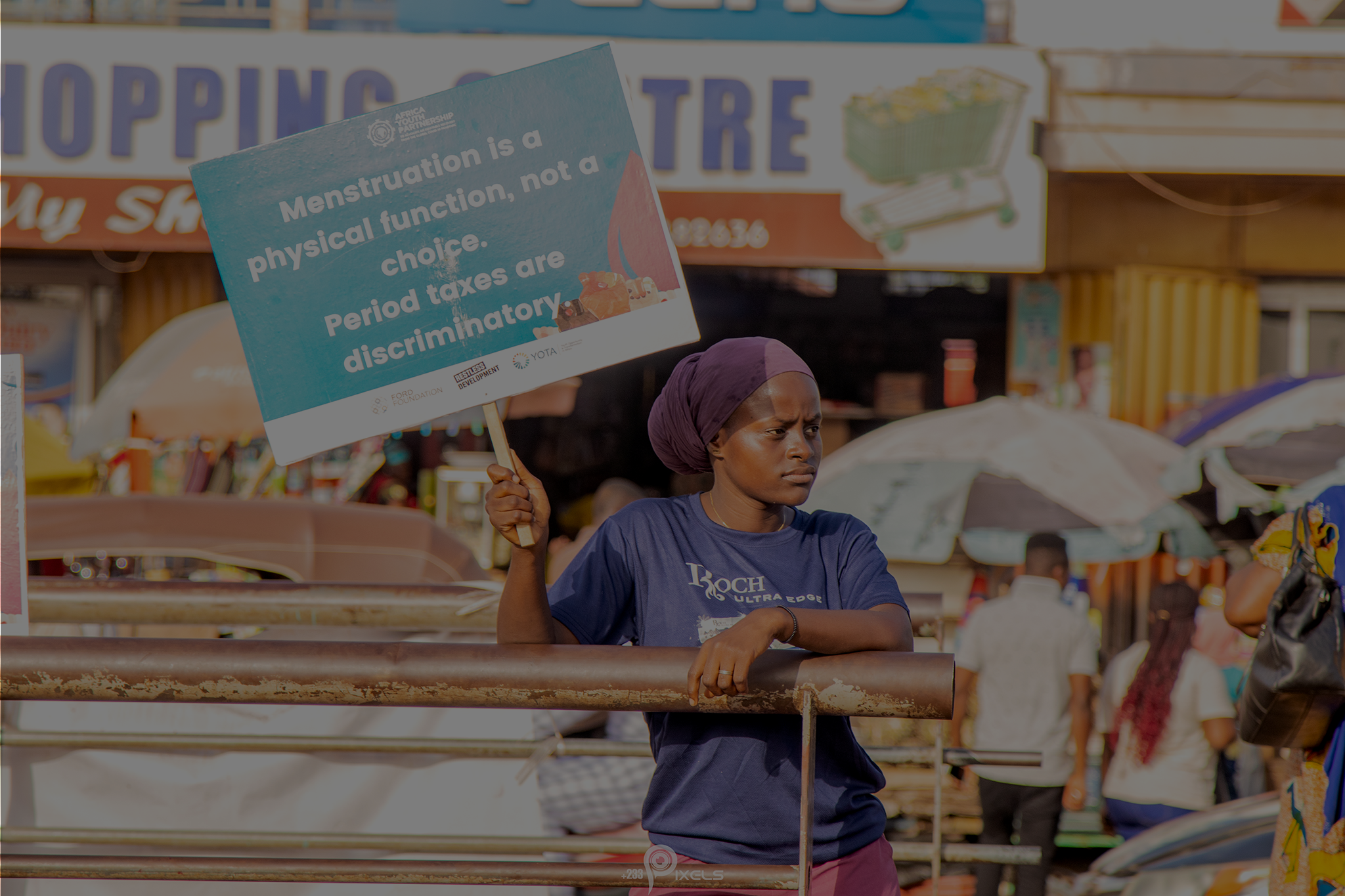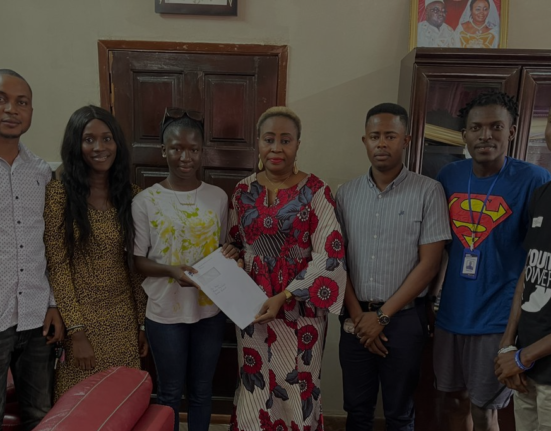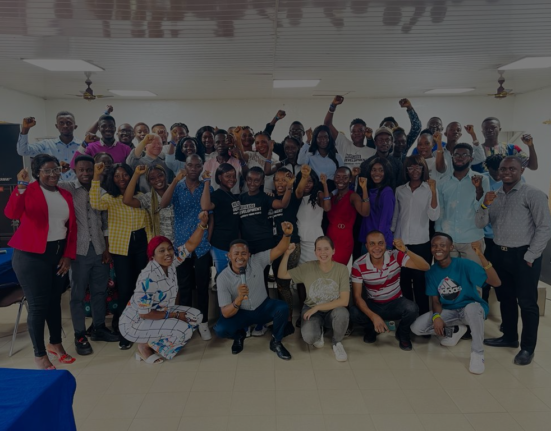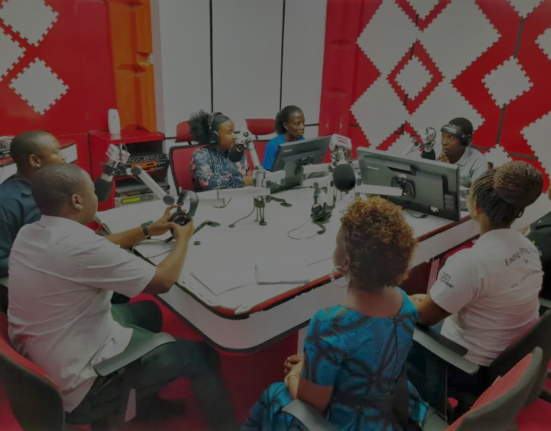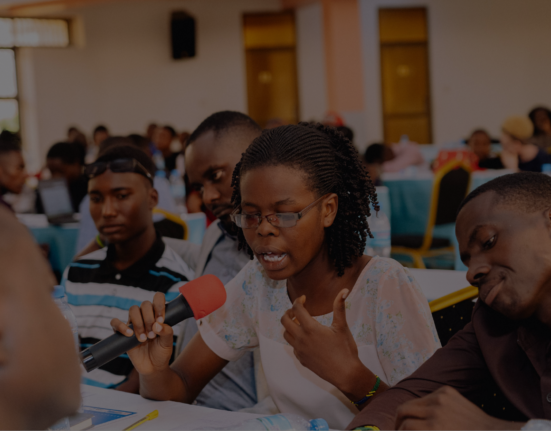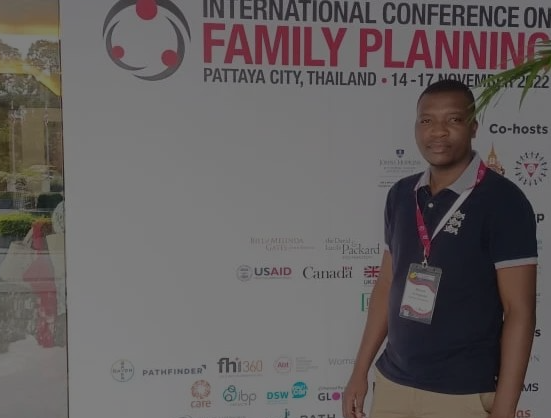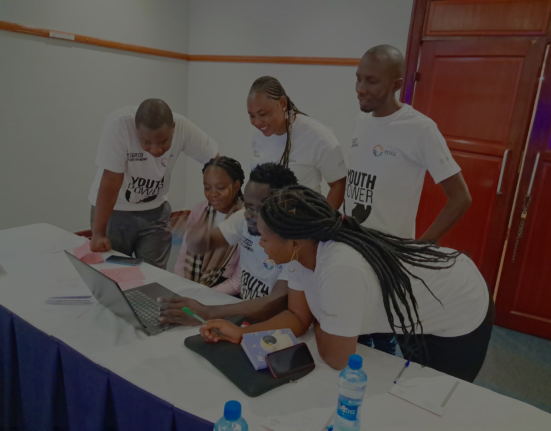Youth Opportunity & Transformation in Africa (YOTA), Restless Development and Ford Foundation have joined forces to form the Africa Youth Partnership, from which the Ghana Youth Task Team was formed. In line with the Africa Youth Partnership’s aim to Advocate an Equitable Recovery from the COVID19 Pandemic, the Ghana Youth Task Team has taken to the streets to raise awareness on the urgent need to abolish the unfair levies on menstrual products. Today at 3:00 PM, the Ghana Youth Task Team took to the streets of Accra to campaign against the high cost of menstrual products and urged the government to eliminate the 20% luxury tax on menstrual products.
A 20% luxury tax imposed on menstrual products is being questioned by young people. As if this unhealthy tax wasn’t bad enough, sanitary napkins and other period goods are subject to a 12.5% VAT. In Ghana, buying menstrual products is challenging due to the tax load. Consequently, this hinders women and girls from having safe and hygienic menstrual periods. Is this not a violation of their right to reproductive freedom and health?
This is highly unfair as menstruation is a natural process in the life cycle of women and girls, experienced on a monthly basis. The 20% luxury tax imposed on products used to facilitate menstruation is unfair as menstruation is not a choice or a thing of “luxury” but an inevitable process of nature.
Therefore, Ghanaian youths are calling for the removal of the 20% luxury tax on sanitary items because it infringes on their right to dignity, health, education, freedom from discrimination, and work. This tax directly contradicts Global Goal 5, which is to establish gender equality and empower women and girls, according to the United Nations. How does Ghana empower women and girls if it is a member of the UN and such a tax is unfairly enshrined in the system?
In an interview, the Ghana Youth Task Team Lead Mr. Francis Ametepey said, “The SDGs are impacted by girls’ periods, particularly school attendance. The core principle of the SDGs is to ensure that No One Is Left Behind. Can we now state that efforts to achieve SDGs no longer take girls and women into account because menstruation products are so expensive?”
These are the sincere worries of young people, and it is obvious that they want the government to stop taxing menstrual products, lighten the load on women and girls, and give them the ability to exercise their rights.
In the words of His Excellency, The Vice President, Dr. Mahamudu Bawumia, “The government will eliminate import duties on sanitary pads to improve health conditions, particularly for girls. It is very important. What we intend doing is to make sure we produce sanitary pads in Ghana and until that happens in their numbers, we are going to eliminate import duties to bring down their cost,” – Citi News, 22nd August 2020.
